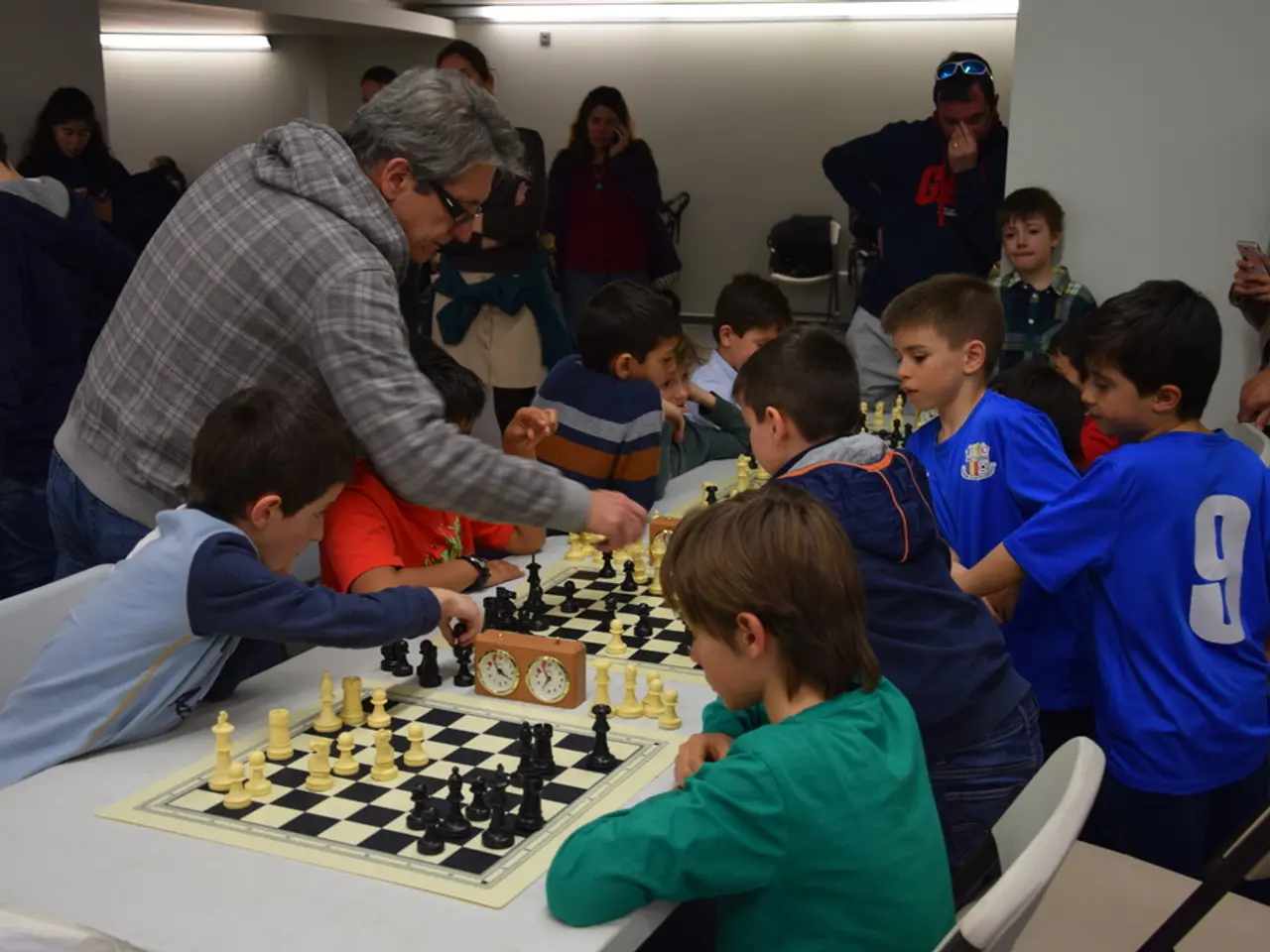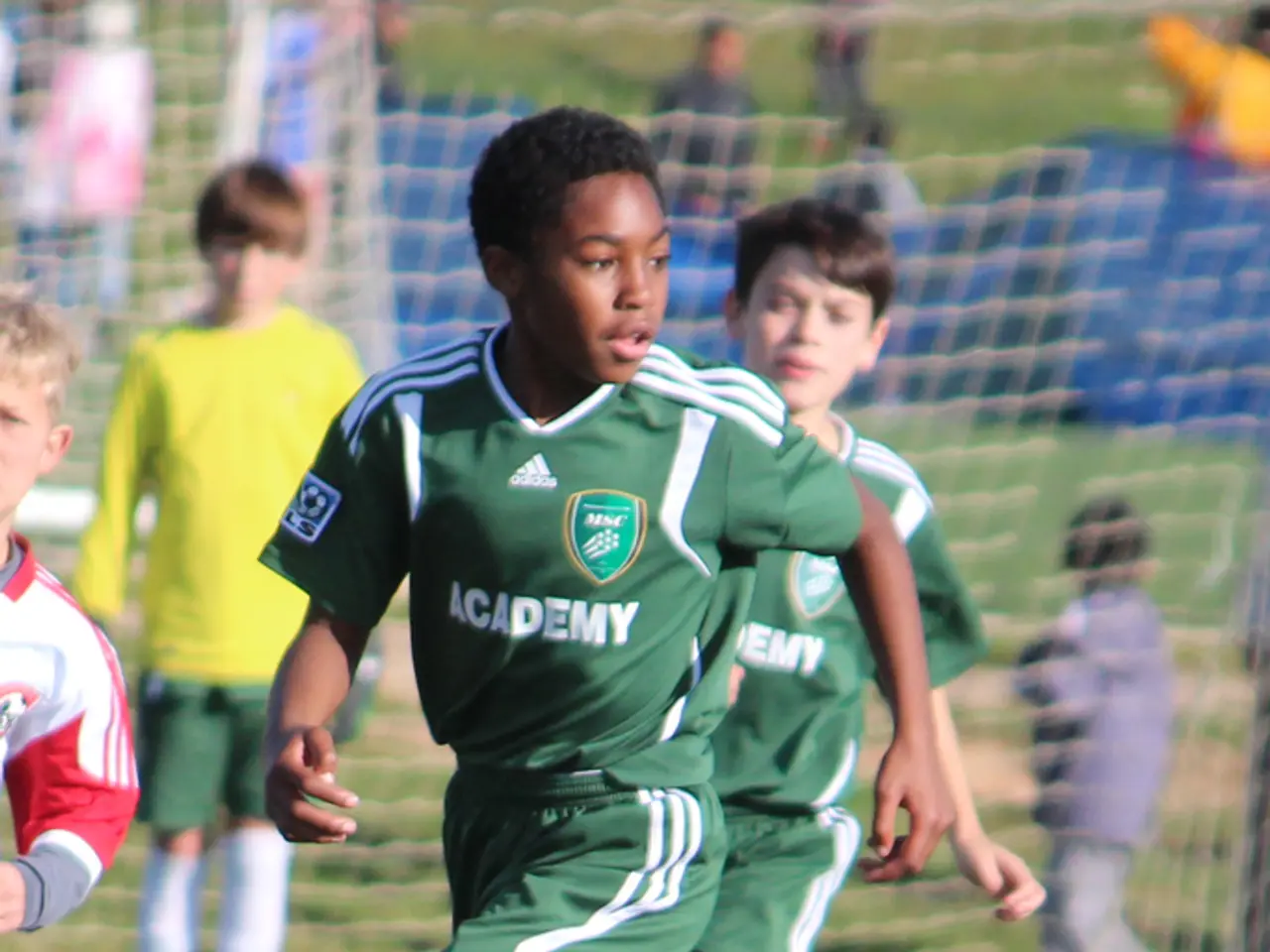Unveiling the Unnoticed Gender Prejudice Within the Game of Chess
In the world of chess, a game traditionally dominated by men, a shift towards greater inclusion and equality is underway. One of the key players in this movement is Her Move Next, a non-profit organisation dedicated to empowering girls in chess and fighting gender inequality in the sport. Aliya Saldanha Suri, a competitive chess player and coach at Her Move Next, underscores the importance of such organisations in supporting female players.
The fight against gender bias in chess is a multifaceted one. On one hand, individual advocacy from successful players like Divya Deshmukh, who has publicly called out sexism and gender bias in chess, is helping to spark conversations about equal treatment and greater respect for women in the game. On the other hand, institutional initiatives, such as major chess events like the FIDE Women's World Cup, serve not only as competitions but also as platforms promoting gender equality in sports, showcasing women’s achievements and increasing visibility of female players on the global stage.
Beyond chess-specific efforts, broader social reforms related to gender equality are underway. In countries like India, where many top players originate from, legal frameworks, anti-discrimination laws, gender-responsive budgeting, and awareness campaigns are being implemented to reduce systemic gender disparities that affect access, support, and opportunities for women, including in chess.
Educational and vocational training investments for women further support long-term inclusion and equity. Initiatives such as educational apps integrating chess, like Duolingo teaching chess alongside math and languages, may help democratize access to chess and encourage girls and boys alike to learn the game from an early age, potentially reducing future gender disparities in chess expertise.
However, the reality of gender bias in chess is undeniable. A study published by NYU proved the gender bias to be statistically true, with parents and mentors generally evaluating male youth players more positively than female youth players. This bias is prevalent at all levels of chess, from beginner to professional players. Female players have faced intimidation, such as male opponents bringing friends over to talk loudly before matches, and accusations that their losses were due to "headaches."
Despite these challenges, the impact of organisations like Her Move Next is undeniable. Aliya Saldanha Suri has observed positive impacts on the girls she coaches, including the development of friendships and continued interest in chess. The organisation hosts monthly tournaments, lessons, and events for girls in chess, building a supportive community.
The numbers speak for themselves. Out of over 1,600 international chess grandmasters, only 37 are women, making up less than 2% of the total. The prize for the Women's World Chess Championship is 10% smaller than the prize for the World Chess Championship. These statistics underscore the need for continued efforts to combat gender bias and promote gender equality in chess.
Female players must uplift and support each other to overcome these hurdles and achieve better opportunities in chess. By doing so, they can help challenge longstanding stereotypes about women in chess and foster an inclusive chess culture that values and celebrates the skills and achievements of all players, regardless of gender.
Photography could capture the spirit of empowerment in sports, showcasing the resilience of female chess players as they break gender barriers and strive for equality. News outlets, too, can play a pivotal role in highlighting these stories, with coverage of events like the FIDE Women's World Cup boosting visibility for women in sports.
In addition to chess-specific initiatives, photography projects and news coverage can help bridge the gap for female athletes in other sports as well, promoting gender equality across various sporting arenas.






